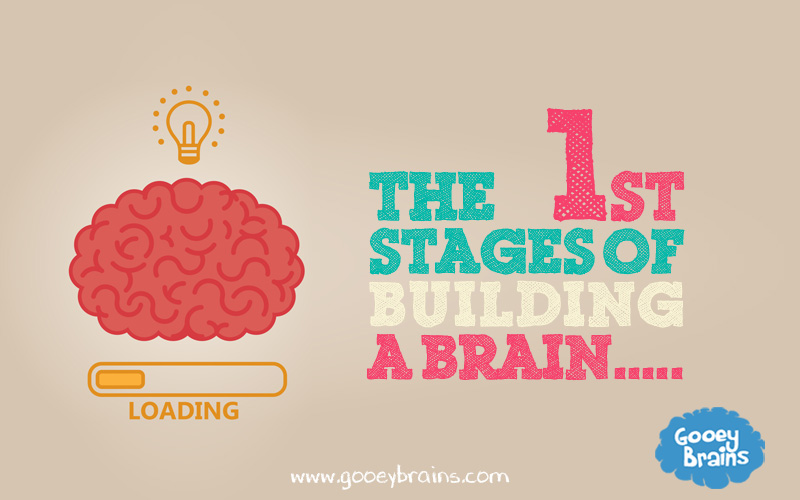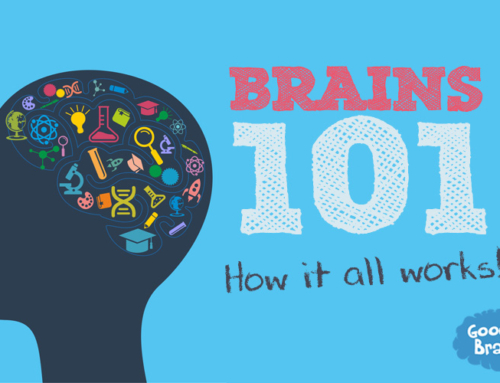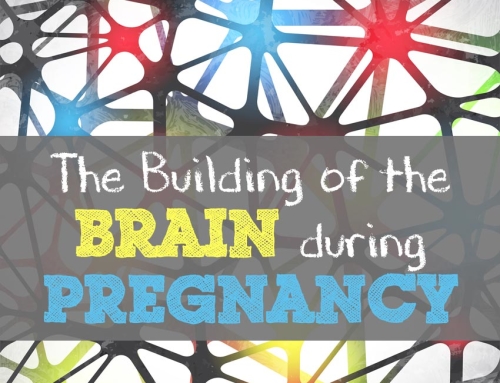Understanding brain development is important.
The first three years of a child’s life are crucial to their developing brain. Childhood experiences such as nurturing and stimulation are important because they encourage the cells of the brain (neurons) to connect to one another. As the brain develops these connections we see its overall structure emerge. For healthy brain development a child needs a caregiver who can respond to their needs, show them affections and provide them with fun ways to learn.
Did you know that the brain was already under construction before birth?
Building a healthy young brain is not all about what happens after birth. In fact, the brain starts to build while the baby is still in the womb. In fact, it has started to develop before most women even know that they are pregnant! The brain starts to build very soon after the baby is conceived, and it will continue to grow until the child reaches their early twenties. Even after the brain stops growing it is still able to change in structure and function.
This is how it all begins.
Ever heard of the term “neural tube”? You have probably heard this term on television commercials for prenatal vitamins! The neural tube is an important part of a young baby’s brain.
About a week after conception, a baby has around 100 cells that will later become its brain. As the baby starts to grow in the womb these cells first grow into something that we call the neural plate. Then, at approximately day 22 of pregnancy, this neural plate folds in half to form a loop. This loop is what we refer to as the neural tube. The front section of the neural tube becomes the brain, and the rear section becomes the spine.
What’s all the fuss about the neural tube?
During pregnancy many women are warned about neural tube defects and advised on what they can do to prevent these. A neural tube defect is a type of birth defect that impacts the baby’s brain, spine or spinal cord. A neural tube defect occurs within four weeks of conception because this is the critical time period when the neural plate is developing into the neural tube.
What causes neural tube defects?
It isn’t always clear what causes problems in the formation of the neural tube. However, there are some risk factors that have been associated with higher incidence of neural tube defects:
– obesity in mother
– poorly managed diabetes in mother
– some anti-seizure medications
There is also a protective factor that has been associted with lower incidence of neural tube defects:
– adequate intake of folic acid or folate in mother.
Folic acid, folate, and brain development.
Folate is a vitamin from the B Group and is now understood to be important for healthy development of the baby. Folate is found naturally in food sources (for example, green leafy vegetables). When folate is manufactured to be added to food or vitamin supplement tablets it is known by the name folic acid.
Due to the importance of folate in the very beginning phases of brain development, it is important to consider ensuring that a mothers intake is adequate before conception. Many women will find that their baby is conceived and has started its neural development even before they know that they are pregnant!
Read More:
Abbott and Burkitt (2015) Child Development and the Brain: An Introduction





